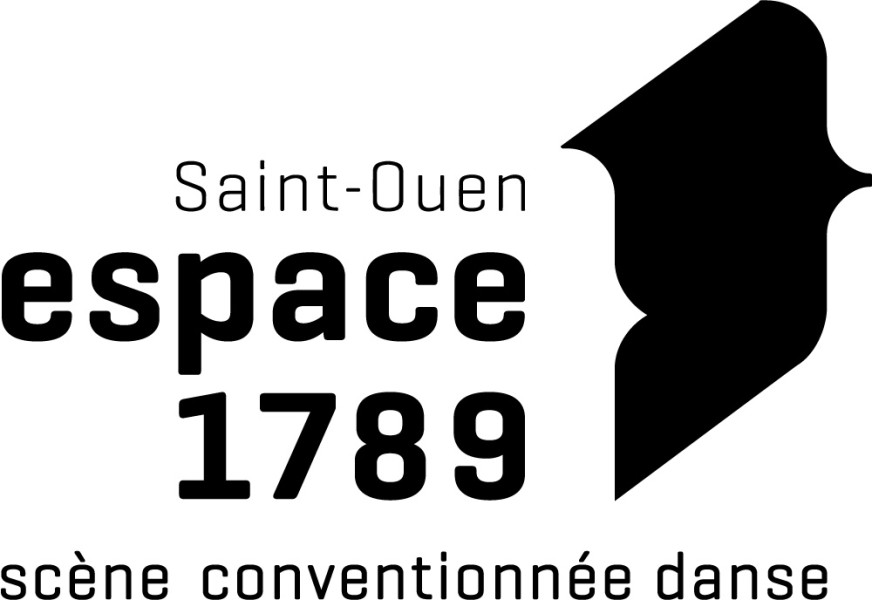Laurène Marx
Pour un temps sois peu
octoberoct 14 – 15
Writing and play Laurène Marx. Direction Laurène Marx, Fanny Sintès. Light creation Solange Dinand.
Production company Je t’accapare et Fabriqué à Belleville
With the support of La Libre Usine; Fabrique Bellevue-Chantenay; Théâtre Ouvert—Centre National des Dramaturgies Contemporaines; Bains Publics; Nouveau Studio Théâtre; City of Paris; Pays de la Loire Region
Pour un temps être peu is published in a co-edition Editions Théâtrales – Lyncéus festival
The text is winner of ARTCENA and won the jury prize of the Librairie Théâtrale
L'Espace 1789, a dance stage – Saint-Ouen and the Festival d’Automne à Paris present this show as a co-realisation.
With its directness and an aesthetic drawing upon that of auto-fictional performance art, Laurène Marx exposes the reality of gender transitions in France. Alone on stage, she performs her own text, mixing theatre and stand-up tinged with sadness. The piece denounces the violence and discrimination experienced by transgender individuals.
Pour un temps sois peu is a story of a transgender woman that relies upon detail. Whether they be indicative of danger or cruelty, these are real details told by the person who experienced them, for real. The authoress, director and actress does not merely explain. On the contrary, she challenges, unsettles and urges us to become aware of the transphobia that structures society and individual behaviour. Through her performance, she invites us to reflect on our indulgence in the face of discrimination against transgender individuals, and how it reinforces a system of oppression which in turn makes everyone an accomplice. The details the actress recalls take in assault, murder, and the relationship to love, the body and medicine that millions of transgender people around the world experience and feel. While avoiding any objectification of their bodies, we are kept on edge by a form of tension that oscillates between humour and tragedy. It gives rise to a question that constantly assails us: "is it touching or plain scary?"
See also


